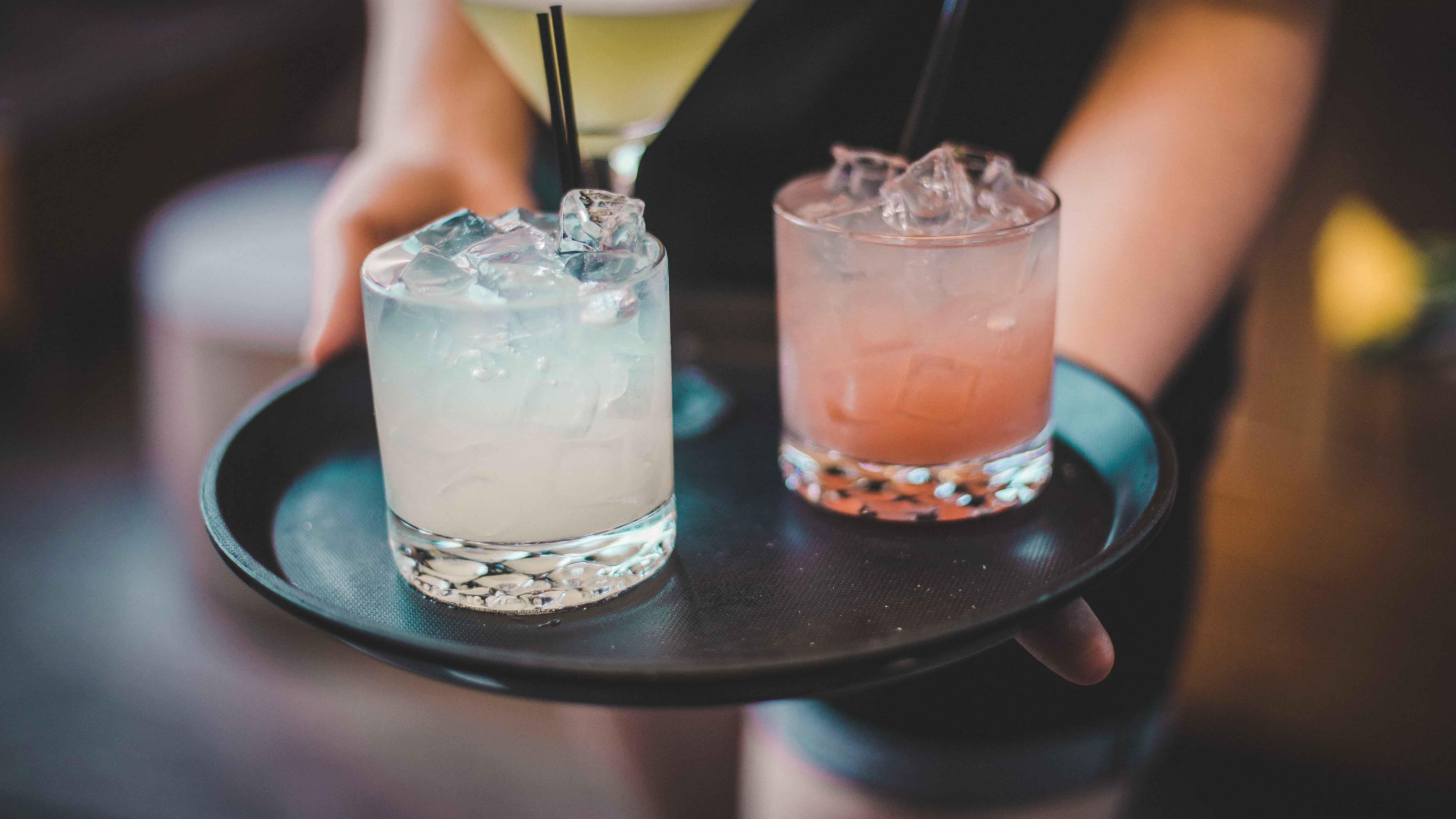The Northwest Grocery Association announced today it was withdrawing Initiative Petition 35, which aimed to allow Oregon grocery stores to sell hard liquor.
In conceding the end of a quest to reach the November ballot, NGA president and CEO Amanda Dalton maintained her group’s assertion that Oregon voters want the convenience of one-stop shopping. Washington voters approved privatization in 2011 in a hard-fought campaign led by the NGA, which represents grocers in Oregon, Washington and Idaho.
“Oregonians firmly believe that we should be able to buy liquor along with beer and wine at their local grocery stores as our neighbors in Washington and California are able to do,” Dalton says.
Twice in the past decade, the NGA moved toward the ballot without ever succeeding in placing the question before voters. But it looked as if this year there might be showdown between the grocers and the Oregon Beer & Wine Distributors Association, which opposes privatization. As WW reported earlier this month, the grocers paid $100,000 to a signature gathering firm, but the group never officially announced it would move forward with the measure. Now it says it would have been unable to gather 112,000 valid signatures by July 8, the threshold for putting it on the November ballot.
“Unfortunately, due to the challenges of COVID and court delays in certifying a [ballot] title, the Northwest Grocery Association today has been forced to recognize that there just isn’t time remaining to collect the signatures to qualify a ballot measure for this fall,” Dalton says. “Today [we] will be withdrawing IP 35.”
In a statement, Keep It Local, the campaign opposing the measure, cheered the decision.
“This is now the third time that large, out-of-state retailers have failed to move forward with their unpopular, unnecessary and misguided proposal to dismantle the system of liquor sales that works,” said Hannah Love, a spokeswoman for Keep It Local.
“Oregonians can clearly see through their scheme. The retailers realized after a month and more than a hundred thousand dollars spent toward attempting to gather signatures that it was best to avoid an expensive, contentious and ultimately unsuccessful campaign.”
But Dalton says the issue is far from settled.
“This decision will no doubt be received with relief by members of the [Oregon Liquor and Cannabis Commission’s] state-run liquor stores and their supporters, but Oregonians continue to lose their time and tax dollars to an out-of-date and unnecessary liquor control system,” Dalton says. “We stand committed to our customers who want more choice in where they can purchase what they want to buy.”
